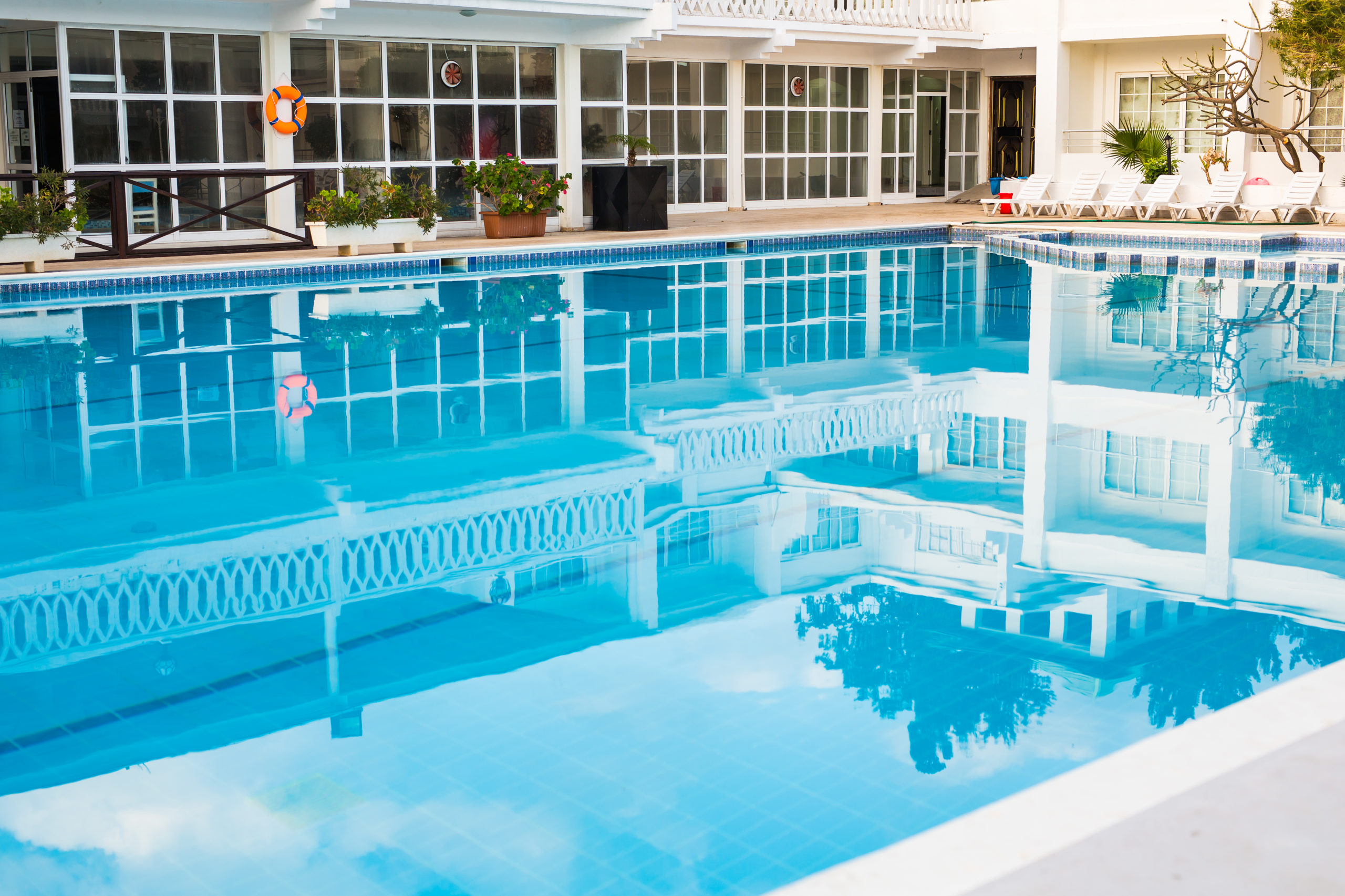
Like some of our prior posts, this post highlights a past client’s case. We have previously highlighted cases focusing specifically on hot tubs and cooling towers. This post highlights the potential sources of exposure that exist in hotel and resort settings. In June 2019, our client contracted Legionnaires’ Disease following a stay at an out-of-state hotel. Within days of his visit, he began suffering from symptoms and eventually died as a result of the disease. Generally, sources of exposure at hotels are many, as legionella bacteria can grow and become aerosolized through a number of different sources where water is being heated. Potable water systems, including faucets, showers, bathtubs and other fixtures, can be sources where Legionella bacteria can grow. Pools and hot tubs, when not properly heated or maintained, are often also very common sources of Legionella infections. Hot tubs are a particularly common source of exposure to Legionella bacteria as the high temperature of the water and its re-circulation provide an ideal environment for the bacteria to grow. Because of the re-circulated water, it is critical for any organization maintaining the hot tub to make sure there is enough free chlorine in the water. To be done properly, chlorine should be fed automatically rather than by hand and many state regulations even require this. In this case, Legionella bacteria was found at the hotel through testing done by the state health department. Bacteria was found in a variety of locations at the hotel including in faucets and showers in specific guest rooms, in hot water heater tanks, and in the pool mechanical room, among other locations. Given these results, we could determine that our client did in fact contract Legionnaires’ Disease during his stay at the hotel. We knew he had utilized a number of systems where the bacteria was found, including the pool and hot tub, and we were able to approximate his date of exposure given the onset of his symptoms and the disease’s typical incubation period. Following his death, we prepared a complaint on behalf of his estate and his surviving spouse seeking remedies under state wrongful death and survivorship laws as well as state recreation laws alleging that that the hotel and its staff were negligent in their care of their water systems, including in regard to their pool and hot tub, which led to the Legionella bacterial growth on their premises. Given the widespread and proven presence of Legionella bacteria at the hotel, we were able to secure a substantial settlement on behalf of our client’s estate and his surviving spouse prior to filing a complaint. Click here for a 100% free consultation. THE MATERIALS ON THIS WEBSITE HAVE BEEN PREPARED BY JULES ZACHER, P.C. FOR INFORMATIONAL PURPOSES ONLY AND ARE NOT LEGAL ADVICE OR A SUBSTITUTE FOR LEGAL COUNSEL.